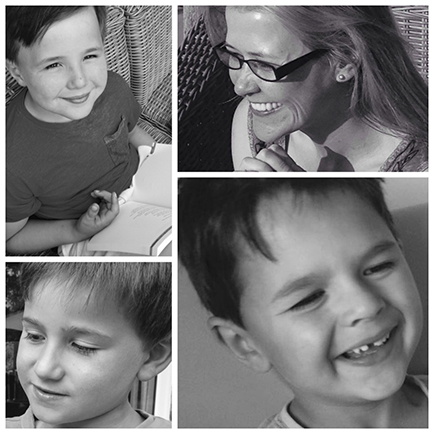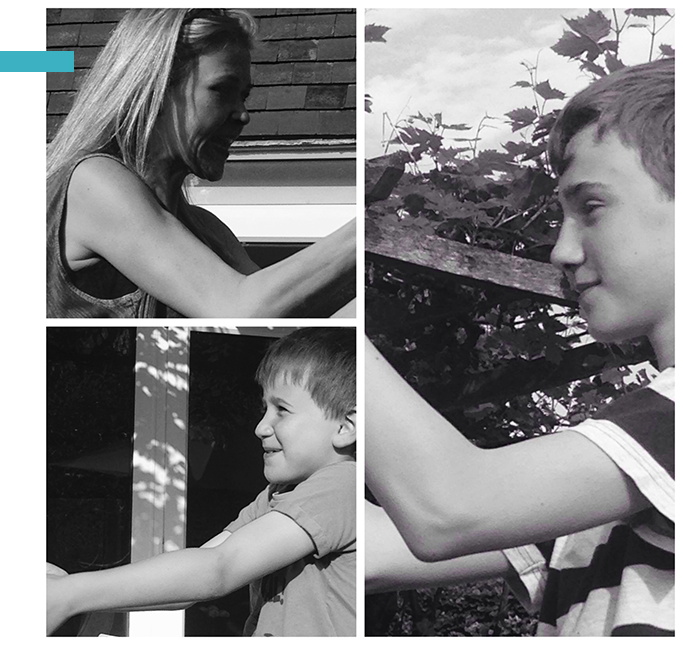
LAMDA (London Academy of Music and Dramatic Art) began in the 1880's and is one of the UK's most prestigious Drama school and the leading speech and drama awarding organisations.
LAMDA focuses on improving core communication and performance skills:
confidence, articulation, memory, concentration, focus, energy, expression, movement, team work, voice projection, delivery and all whilst having FUN in a SAFE environment.
There are 6 modules within the LAMDA syllabus and one may suit your child more than another. You can choose from three performance modules (Acting/Devising/Mime) and three communication modules (Verse and Prose, Reading and Public Speaking)
The performance modules will give your child the opportunity to explore a number of styles in performance and inspire raw and natural talent.
The Communication modules are hugely influencial and help improve confidence and preparation for careers such as teaching, law, politics – any work that requires effective communication or presenting.
Click here for more information on Performance modules
Click here for more information on Communication modules
Each module ranges from Introductory level up to Grade 8, there is no minimum or maximum age, however most students range from 5 to 16.
Did you know that a distinction at Grade 8 in Lamda is the equivalent UCAS points as an A at AS level?

PERFORMANCE MODULES

Acting – This performance module looks at monologues and duologues dependent on the student's preference and level of exam. Key areas of exploration include analysis of character development, an understanding of the scene/situation within the play, interpreting feelings and subtext.
Devising – This performance module is often chosen by those who love telling or writing stories. It is a great way to develop children's imagination and a more heightened style of performance without having to worry about remembering lines.
Mime – This module has a similar appeal as devising, but there is more of a focus on detailed movement and facial expression, how are feelings communicated without words? How do we establish where we are within a scene without words?
Devising – This performance module is often chosen by those who love telling or writing stories. It is a great way to develop children's imagination and a more heightened style of performance without having to worry about remembering lines.
Mime – This module has a similar appeal as devising, but there is more of a focus on detailed movement and facial expression, how are feelings communicated without words? How do we establish where we are within a scene without words?
'Imagination means nothing without doing'
Charlie Chaplin

Verse and Prose: This communication module looks at the differences between verse and prose and inspires the student to identify with literature on a different level. An interest in story telling is important, as is being able to translate each text in your own way. Literature includes the work of Jane Austen, F Scott Fitzgerald, Charles Dickens, Ted Hughes and Henry Wadsworth to name a few, all are appropriate to each age and exam category.
Reading: For this communication module no lines need to be learnt. It's ideal for students who want to improve their reading techniques and delivery but would prefer not to have the added pressure of memorising a long text. Students also need to illustrate a proficiency in sight reading as part of the exam at a certain level.
Public Speaking: This communication module is a popular module as it not only helps students to speak with assurance but also aids in understanding the art of conversation and persuasive communication, whilst inspiring confidence and self-esteem. Ideal for students who don't want to perform but have an interest in current affairs and want to improve their ability to commuicate creatively in public.
'In the world of words, the imagination is one of the forces of nature'
Wallace Stevens

